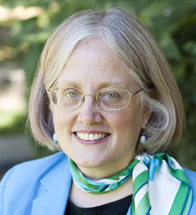Update: Seminary students are eligible for a $550 discount on this event. To register call 1-610-807-9221.
 Deborah van Deusen Hunsinger, Professor at Princeton Theological Seminary, attended the FaithCARE event in Ontario, Canada[/caption]"If restorative practices were more widely known, and its structures and processes more widely put into place, churches would be far better equipped to deal with conflict, harm, or trauma in a healthy manner." -Deborah van Deusen Hunsinger, Professor of Pastoral Theology, Princeton Theological Seminary, Princeton, New Jersey
Deborah van Deusen Hunsinger, Professor at Princeton Theological Seminary, attended the FaithCARE event in Ontario, Canada[/caption]"If restorative practices were more widely known, and its structures and processes more widely put into place, churches would be far better equipped to deal with conflict, harm, or trauma in a healthy manner." -Deborah van Deusen Hunsinger, Professor of Pastoral Theology, Princeton Theological Seminary, Princeton, New Jersey
To this end, the IIRP is offering a 4-day retreat at Kirkridge Retreat Center in eastern Pennsylvania, September 23-26, 2013, titled "Strengthening Faith Communities Through Restorative Practices." The event will be co-facilitated by Bruce Schenk, director of IIRP Canada, and Anne Martin, director of FaithCARE Services, Shalem Mental Health Network, Ontario, Canada.